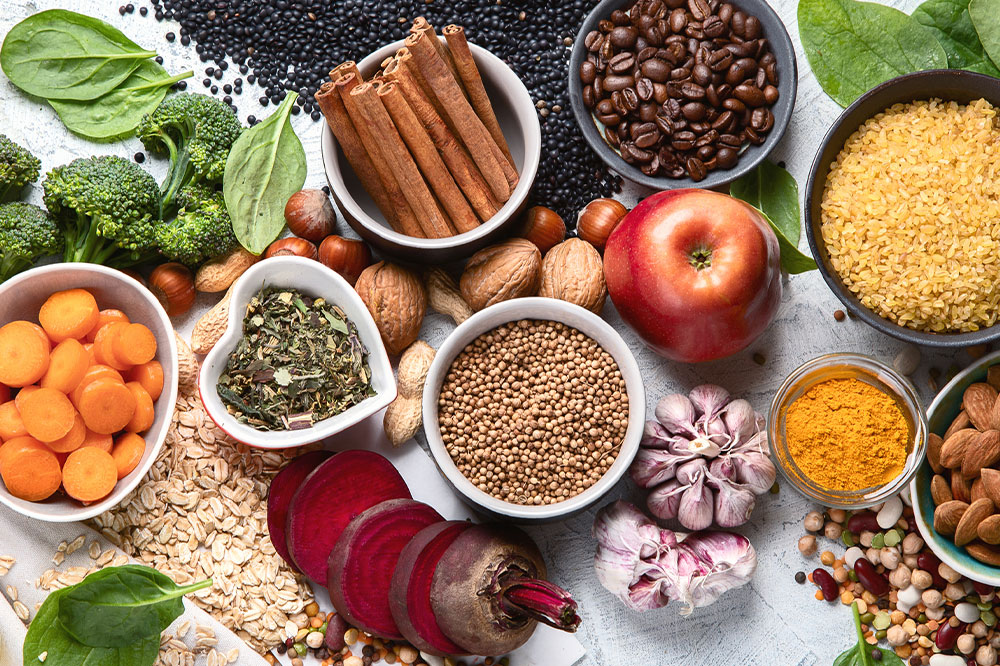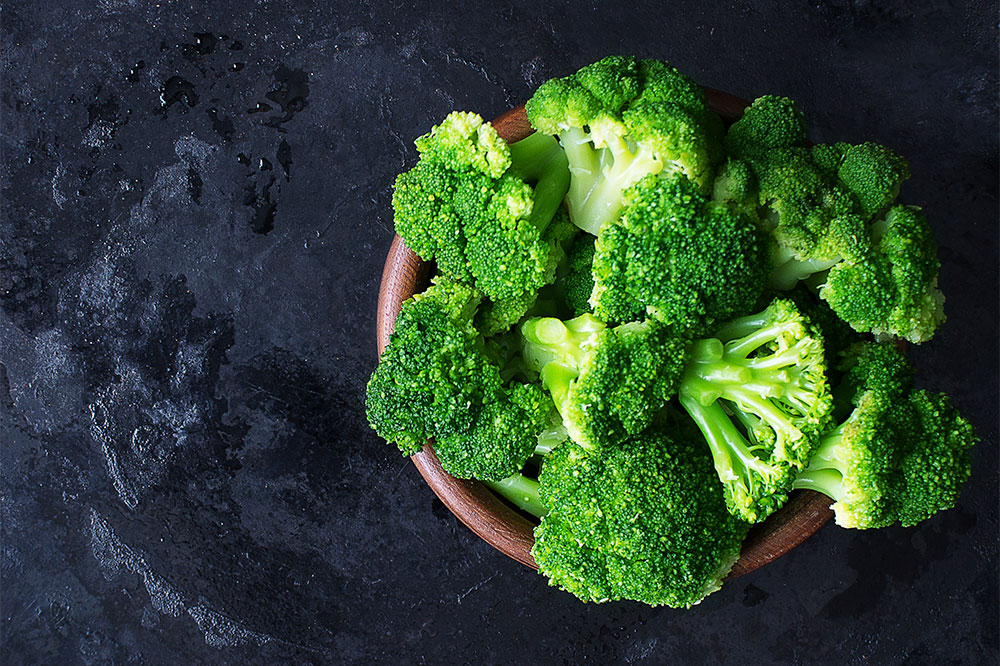Essential Dietary Strategies to Lower Lung Cancer Risk and Promote Respiratory Health
Discover comprehensive dietary strategies to reduce lung cancer risk, focusing on healthy fats, complex carbs, and antioxidant-rich foods. Learn how lifestyle changes combined with mindful eating can strengthen lung health and help prevent cancer development.

Essential Dietary Strategies to Lower Lung Cancer Risk and Promote Respiratory Health
In today’s health-conscious society, understanding how diet influences the risk of serious illnesses such as lung cancer is more important than ever. While medical advancements have significantly improved treatments and early detection methods, prevention remains the most effective approach to safeguarding long-term health. A combination of healthy lifestyle choices—including avoiding tobacco products, minimizing exposure to environmental toxins, engaging in regular physical activity, and managing stress—plays a crucial role in reducing lung cancer risk. However, nutrition is a fundamental aspect that can make a substantial difference in disease prevention. Carefully selecting what we eat can help fortify our lungs and reduce vulnerability to cancer, especially for individuals with risk factors like smoking history or exposure to pollutants.
Understanding the Impact of Dietary Fats
Numerous scientific studies have shed light on the connection between certain types of dietary fats and lung cancer risk. For example, research published in the Journal of Clinical Oncology indicates that individuals who smoke or have recently quit face an elevated risk of developing lung cancer if their diets are rich in saturated fats. This type of fat, predominantly found in processed foods, fried items, fatty cuts of meat, and full-fat dairy products, appears to contribute to inflammation and oxidative stress in lung tissues. The study analyzed data from over 1.4 million participants, including approximately 18,000 lung cancer cases, and found that high saturated fat intake correlates with a significant increase in risk. Intriguingly, diets high in polyunsaturated fats—present in foods like nuts, seeds, fish, and plant oils—may offer protective benefits. These healthy fats are believed to support immune function and reduce inflammation, thus helping to improve lung health, particularly in individuals with a history of smoking or exposure to environmental toxins.
The Role of Carbohydrates in Lung Cancer Development
Carbohydrates play a vital role in providing energy, but their quality and quantity should be carefully monitored. Evidence from studies published in Cancer Epidemiology, Biomarkers & Prevention reveals that diets high in refined carbohydrates—such as white bread, pastries, sugary cereals, and processed snacks—are associated with increased lung cancer risk. These foods cause rapid spikes in blood sugar levels, triggering hormonal fluctuations that induce chronic inflammation, a known facilitator of cancer progression. Furthermore, such diets often lead to weight gain, with excess body fat being another risk factor for various cancers, including lung cancer. In contrast, consuming complex carbohydrates—whole grains like brown rice, oats, and whole wheat bread—along with fiber-rich fruits and vegetables can help stabilize blood sugar levels, reduce inflammation, and support overall immune health. Implementing these healthier carbohydrate choices can significantly reduce susceptibility to lung cancer and enhance respiratory health.
Additional Dietary Tips for Lung Cancer Prevention
Beyond fats and carbohydrates, incorporating certain protective foods into your diet can further lower your risk. Emphasize the inclusion of fresh fruits and vegetables, which are rich in antioxidants such as vitamins C and E, carotenoids, and phytochemicals. These compounds help neutralize harmful free radicals that damage cellular DNA and contribute to cancer development. Cruciferous vegetables like broccoli, cauliflower, and Brussels sprouts contain compounds that support detoxification processes in the body. Additionally, consuming foods high in omega-3 fatty acids, such as fatty fish like salmon and mackerel, may help reduce inflammation and bolster immune defense. Staying well-hydrated and limiting intake of processed foods, red meats, and sugary treats are also recommended strategies for lowering lung cancer risk.
In conclusion, a comprehensive approach to lung health involves mindful dietary choices complemented by lifestyle modifications. Prioritizing healthy fats, complex carbohydrates, and antioxidant-rich foods while avoiding processed and high-sugar items can significantly improve lung function and decrease the likelihood of developing lung cancer. Combining these nutritional strategies with avoidance of smoking, reducing exposure to environmental pollutants, engaging in regular physical activity, and practicing stress management creates a robust defense strategy for respiratory health. Through education and proactive living, individuals can take tangible steps toward a healthier, lung-healthy future.





